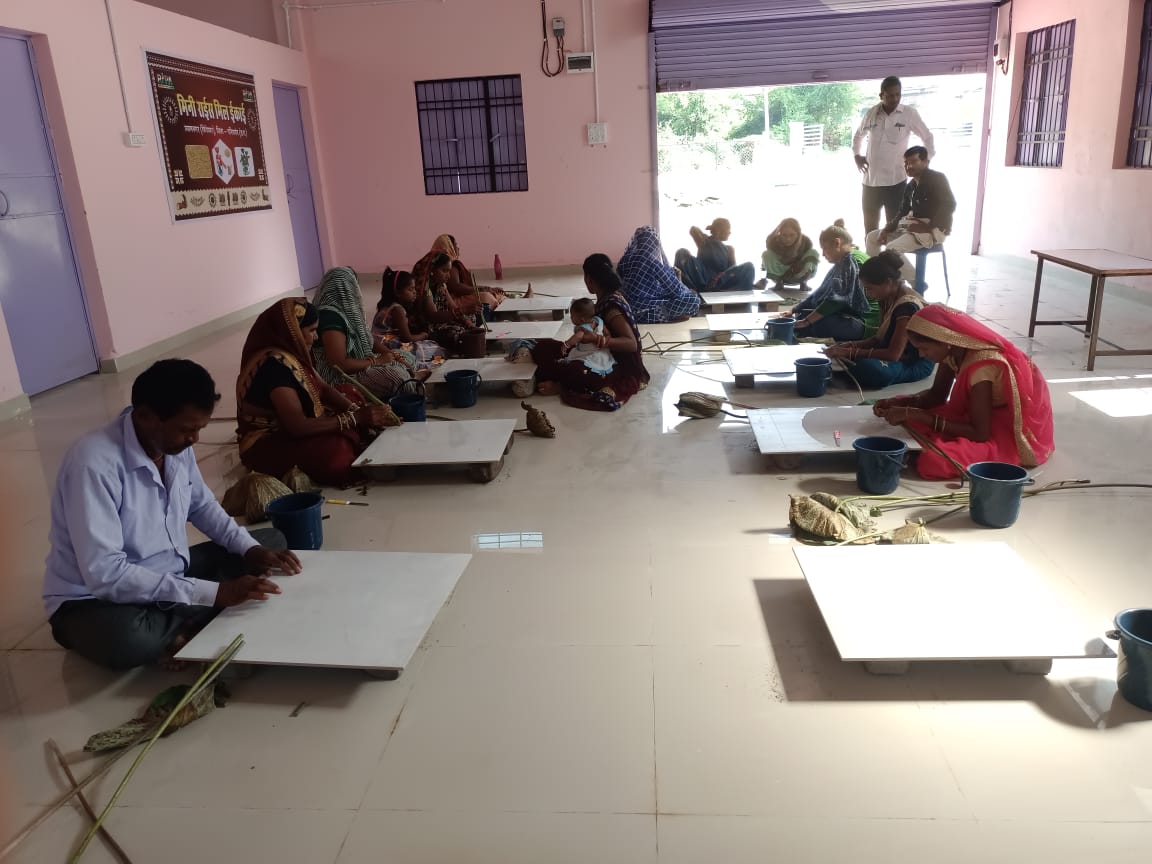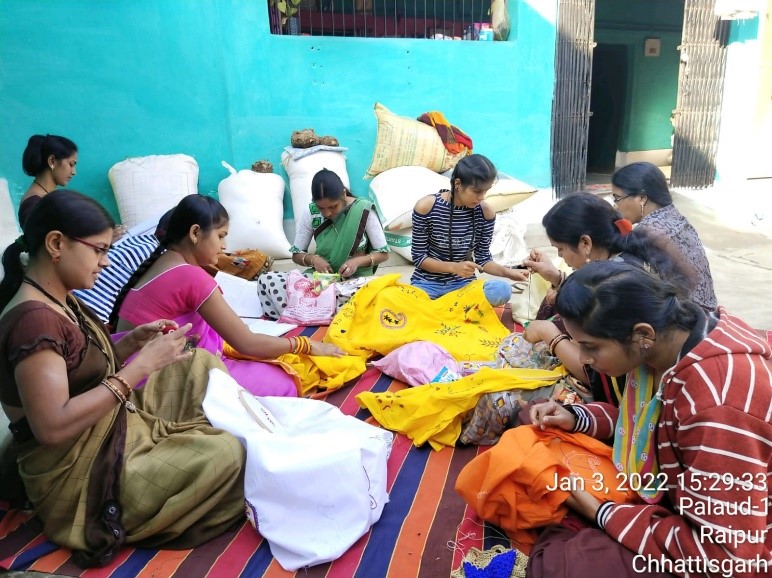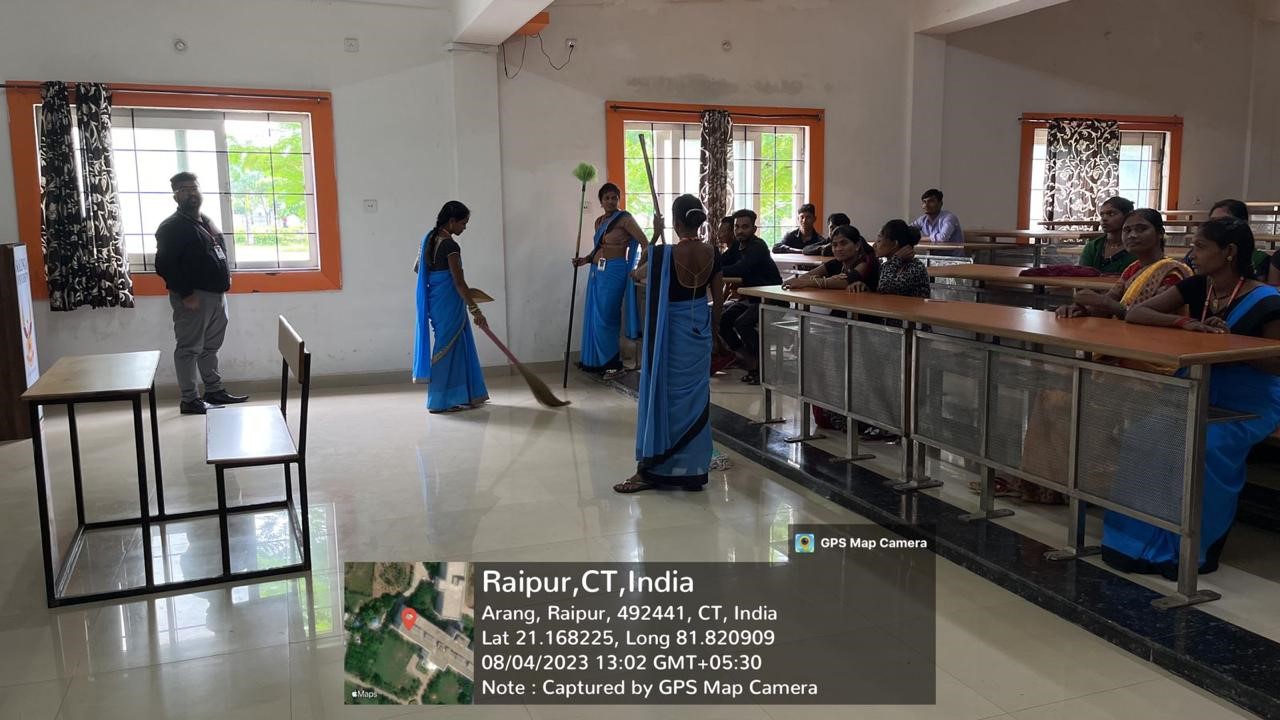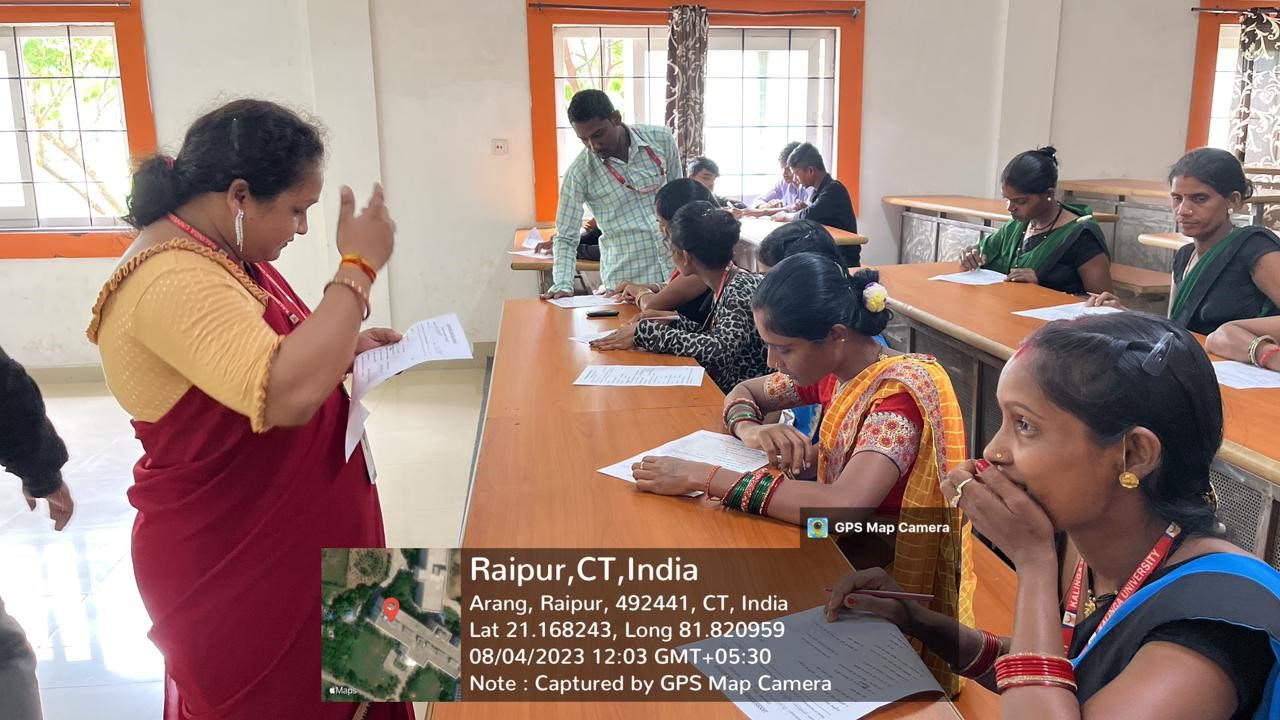Best Practice 1
Women Empowerment and Skill Mastery in Rural Landscapes in Raipur, Chhattisgarh
Kalinga University, Raipur is committed to serve in community development by introducing skill development center for rural women. Kalinga University has adopted five nearby villages and is continuously serving towards development of these villages. The practice is dedicated to empower women in these villages through skill development, and capacity building.
Objectives of the Practice:
• To provide economic Empowerment
• To improve the quality of life of rural people by poverty Alleviation
• To enhance education and knowledge among village women
• To help in Community Development
• To develop Entrepreneurial Skills
The Practice:
The Rural Women's Empowerment and Skill Development Initiative envisions empowered, self-reliant rural women who play active roles in their communities. The initiative seeks to bring about positive changes in economic conditions, education levels, and overall well-being. By investing in the skills and empowerment of rural women, Kalinga University aims to contribute to the sustainable development of rural communities, fostering a sense of pride and resilience among its women.
Economic Empowerment:
• Generate Livelihood Opportunities: Provide rural women with skills that enable them to engage in income-generating activities, such as agriculture, handicrafts, small-scale entrepreneurship, and garment industries.
• Enhance Employability: Improve the employability of rural women by imparting vocational skills that align with local economic needs, creating opportunities for formal and informal employment.
Poverty Alleviation:
• Income Diversification: Encourage rural women to diversify their sources of income through skills that enable them to participate in multiple economic activities.
• Financial Literacy: Integrate financial literacy training to empower women in managing their finances effectively, promoting economic independence.
Education and Knowledge Enhancement:
• Basic Literacy and Numeracy: Offer basic education programs to address literacy and numeracy gaps, enabling women to access information and opportunities more effectively.
• Digital Literacy: Provide training in digital literacy to bridge the digital divide, enhancing access to information, communication, and technology.
Community Development:
• Leadership Skills: Build leadership skills among rural women, empowering them to actively participate in community development initiatives, local governance, and decision-making processes.
• Community Engagement: Encourage women to play pivotal roles in community activities, social programs, and environmental sustainability efforts.
Entrepreneurship Development:
• Business and Entrepreneurial Skills: Equip rural women with skills related to business planning, marketing, and financial management, fostering the development of successful entrepreneurs.
• Market Linkages: Facilitate connections between rural women and local markets, as well as broader economic networks, to enhance the reach of their products and services.
Initiatives
The University has taken measures to fulfil the objectives of this practice. Women of the adopted villages were trained in developing skills in the areas like
1. Preparation of Hand Sanitizers
2. Tailoring
3. Mushroom cultivation
4. Production of Lotus Fiber for use in fabrics
5. Traditional hand embroidery
6. Training on general housekeeping
7. Training on electrical technician
Evidence of Success:
1. During Covid 19, there was a sizably voluminous requisite of Hand Sanitizers in the market. Additionally an astronomically immense number of people faced financial issues. Kalinga University stepped forward in resolving both these issues. The University guided rural women in preparation of hand sanitizers which developed their adeptness as well as provided an opportunity to sell these sanitizers by floating into the market.
2. During the Covid 19 period, the other initiative taken by the university was to train village women to make face masks. The University has trained village women to make decorative cloth masks. Department of Fashion design took this initiative.
3. Faculty members of Kalinga University were appointed as adeptness trainers by Jan Shikshan Sansthan, Raipur to train local women in areas like mushroom cultivation, electrical technician of electronics and hardware sector, general housekeeping etc. Unity to sell these sanitizers by floating into the market.
4. Training was given to nearby village women for Engenderment and promotion of lotus fiber as an innovation in the hand loom sector of Chhattisgarh. Few groups of 20 women from adopted villages were given training on sundry steps involved in generation of lotus fiber and utilizing those in handloom sector.
5. This training availed the rural women to build skills in the handloom sector and implement their learnings in their village by training other women. The method applied by Kalinga University for this purpose was Train the Trainer. Currently, the women in the nearby villages are working towards this practice.
6. These products have very good demand in the market of Raipur being one of the emerging handloom products.
7. Traditional hand embroidery is another adeptness imparted to rural women by Kalinga University with the avail of sundry workshops. This adeptness is availing rural women to engender income by selling their products to the local vendors and additionally represent Chhattisgarh culture through it in rest of the component in India.
8. Village women are now into rehabilitating of electrical and electronic products. The training given to rural women availed them to adopt this adeptness and find source of income.
9. Conducted training sessions on stitching of cloths intending to give skills training in tailoring, embroidery, and fashion design courses for sustainable livelihoods to adopted villege women. It was aimed to provide training to the women to live with dignity by earning money themselves. During this training, women learnt and developed skills in tailoring & embroidery to work on sarees and blouse pieces.
10. Provided training to the village women to ensure safety in handling gas stove and cylinder. The program was conducted in association with Oil India Ltd. Also the program helped village women to save energy.
11. Conducted Skill Development Training in Domestic Care for local women. This training does not include theoretical sessions but also practical sessions with test to empower them with valuable skills, enhance their employability, and contribute to the community.
Gallery
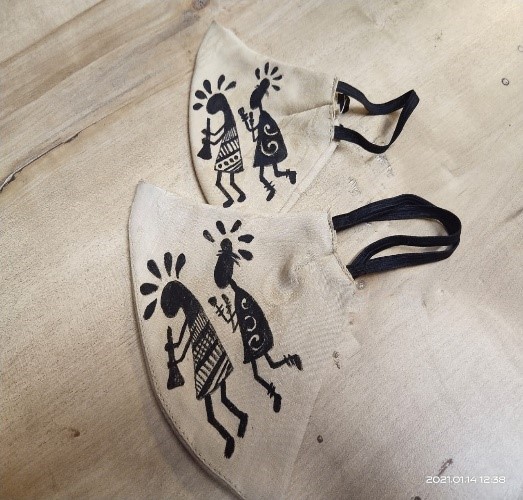
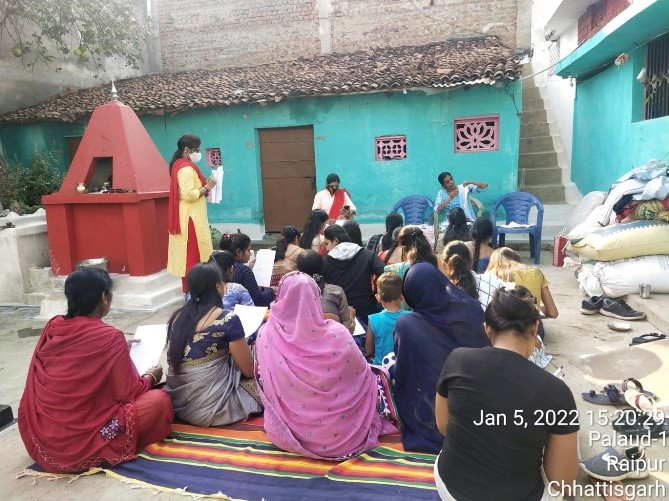
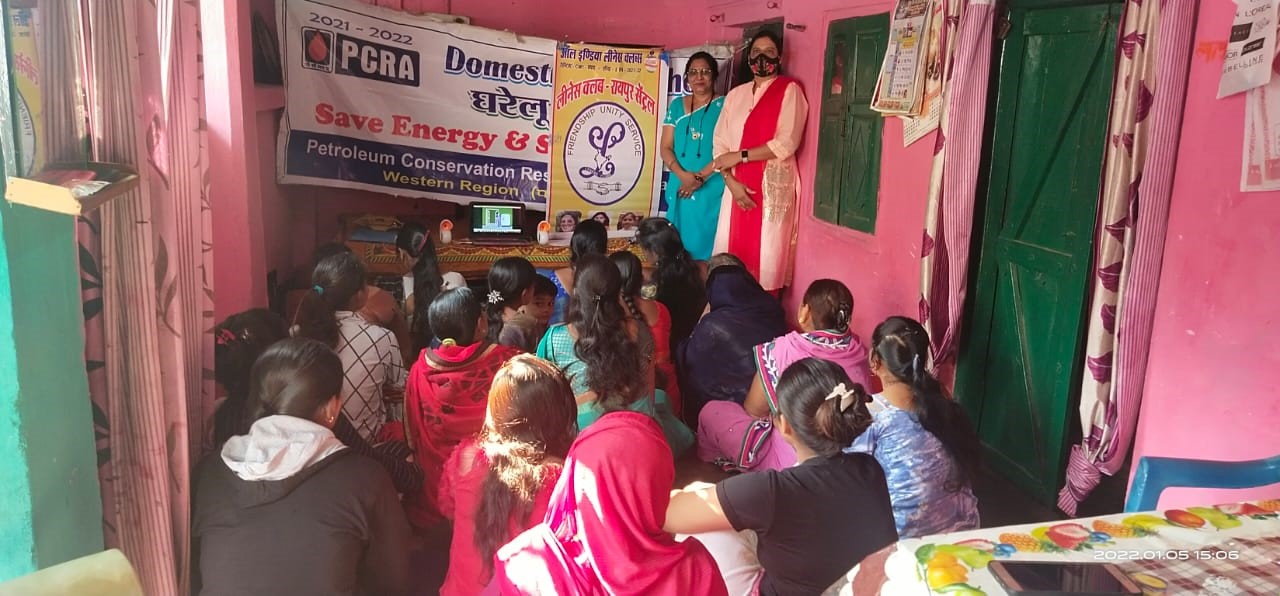
.jpeg)
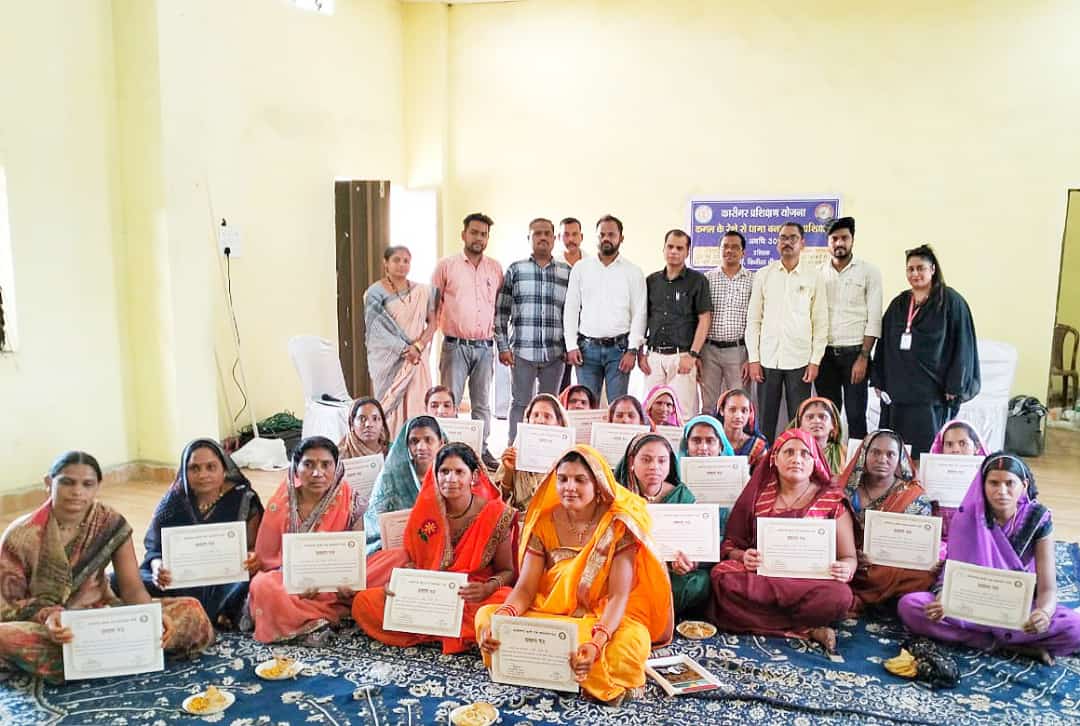
.jpeg)
.jpeg)
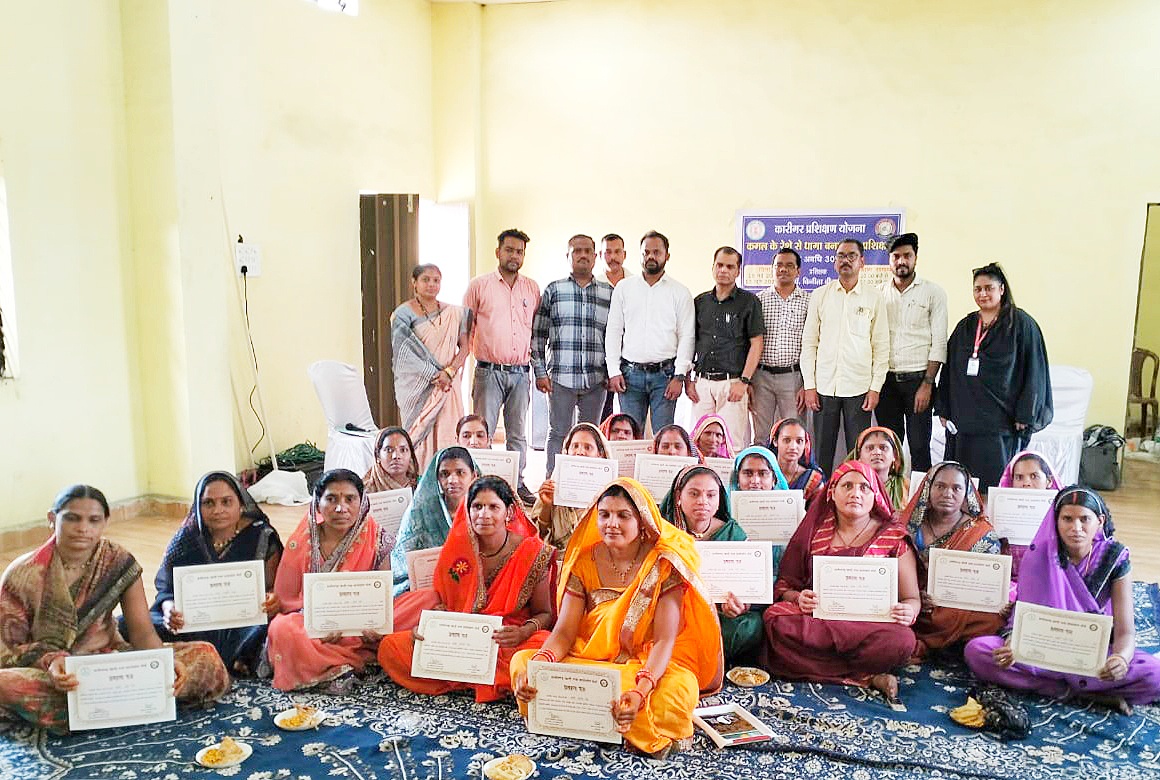
.jpeg)
.jpeg)
